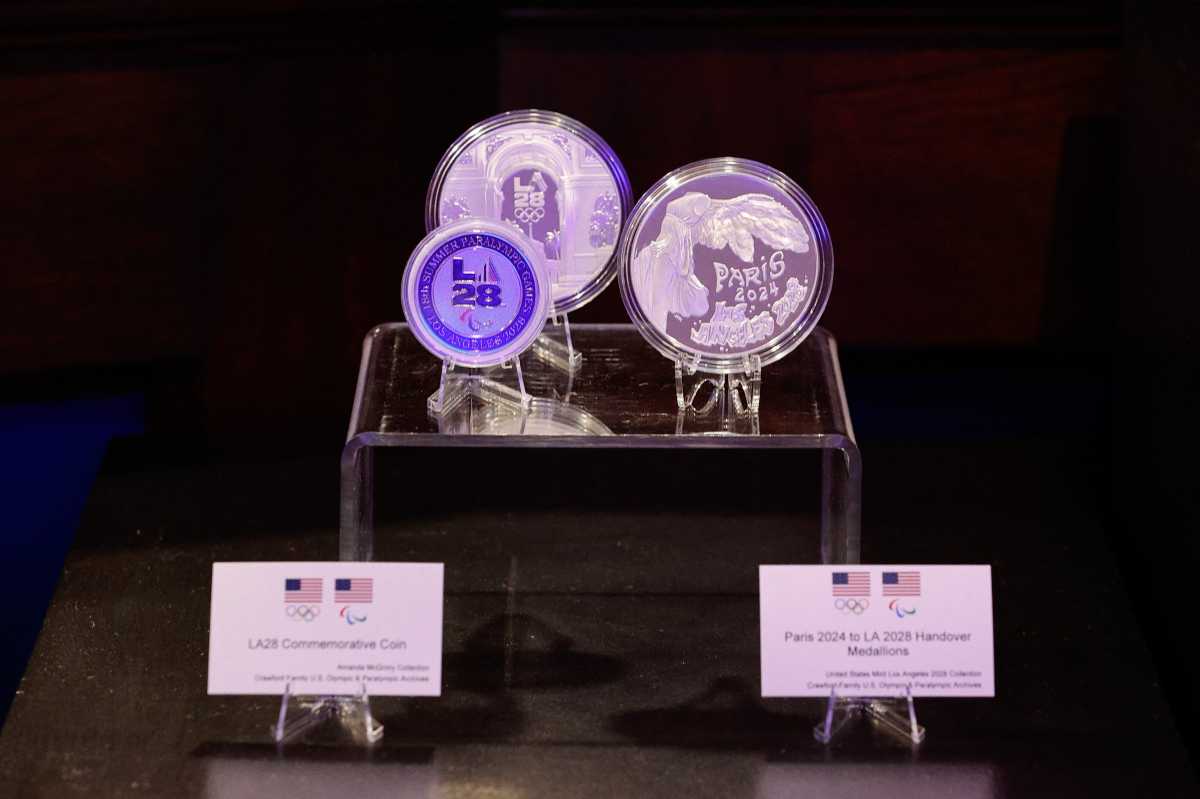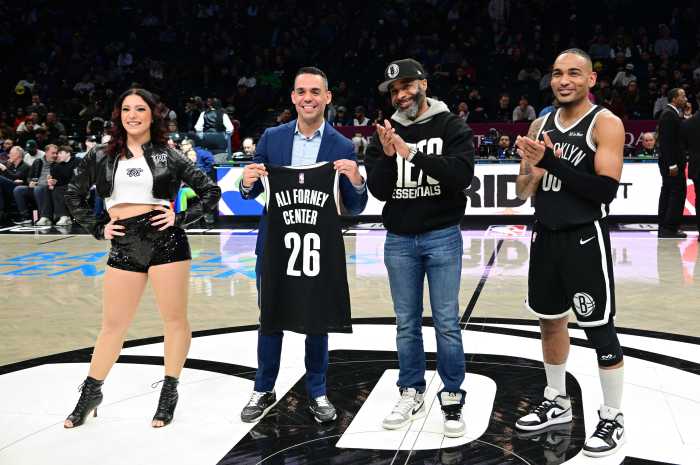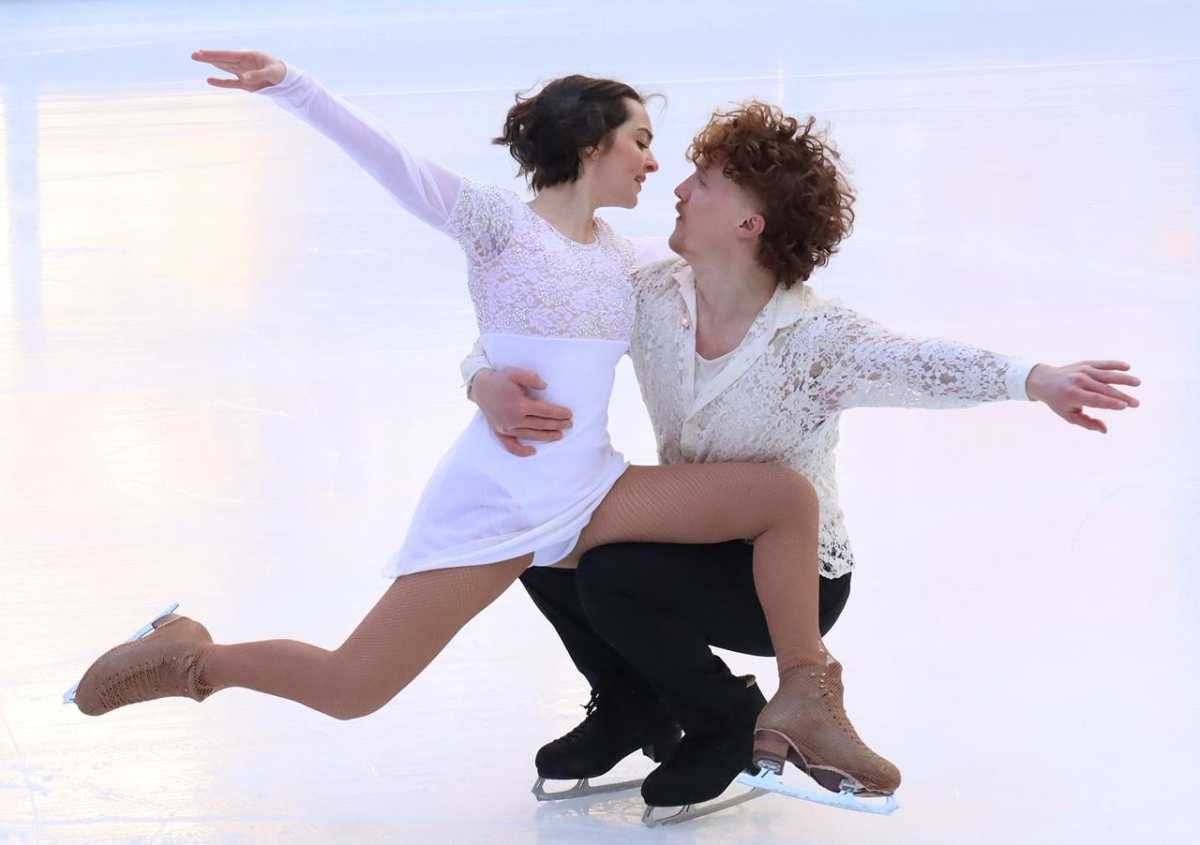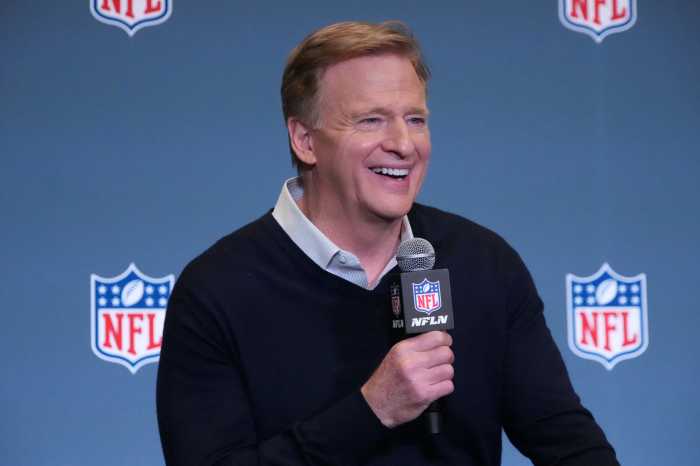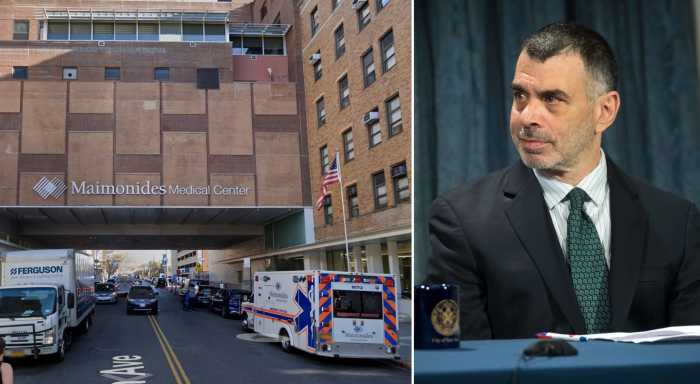Citing an executive order signed by President Donald Trump, the US Olympic and Paralympic Committee (USOPC) on July 21 imposed a vaguely-worded ban on transgender athletes from participating in women’s sports in the Olympics, drawing criticism from legal groups and LGBTQ-inclusive sports organizations.
USOPC unveiled the policy on its USOPC Athlete Safety Policy page to align with President Donald Trump’s executive order, dubbed “Keeping Men Out of Women’s Sports,” according to the New York Times and several other media outlets. The executive order was signed in February and used offensive language to broadly misgender trans women by claiming that it is the “policy of the United States to oppose male competitive participation in women’s sports more broadly, as a matter of safety, fairness, dignity, and truth.”
A letter sent by USOPC leadership to national sport governing bodies confirmed the policy change, but it was short on details and did not appear to clarify the scope of the policy or enforcement mechanisms associated with it.
“As a federally chartered organization, we have an obligation to comply with federal expectations,” USOPC CEO Sarah Hirshland and president Gene Sykes said in the letter, according to ESPN. “Our revised policy emphasizes the importance of ensuring fair and safe competition environments for women. All National Governing Bodies are required to update their applicable policies in alignment.”
However, as of July 25, the version of the USOPC Athlete Safety Policy posted on USOPC’s site no longer appeared to refer to the executive order or the policy, though there are no indications that any further changes were made. On the afternoon of July 25, Hirshland issued a curious press release featuring a vague, unclear statement.
“We greatly appreciate President Trump’s recognition of the vital role collegiate athletics plays in sustaining Olympic and Paralympic sport and supporting the continued success of Team USA,” Hirshland said. “Preserving and expanding opportunity across all sports is essential to maintaining our competitive edge and inspiring the next generation. We value the President’s leadership and focus on this issue and look forward to working with policymakers and partners across government to help ensure a strong and lasting future for collegiate athletes nationwide.”
USOPC did not respond to a request for comment about the rule change.
Athlete Ally, a New York-based non-profit working to promote LGBTQ inclusion in sports, issued a lengthy statement blasting USOPC’s new policy. The organization said their “hearts go out to every transgender athlete impacted by this decision” and described the policy as “yet another striking blow to that hope for a more inclusive and equitable solution and further contributes to the erasure of transgender people from existing safely in society.”
Athlete Ally further said the policy change represents an example of an institution giving up its authority and expertise to lawmakers “who have no credibility dictating athlete safety.”
“This rule change is not in response to new research or new guidelines from medical experts in sports,” the statement noted. “Instead, it is the result of mounting political pressure and government hostility toward one of the smallest minorities in society, let alone sports.”
The National Women’s Law Center, which fights for gender justice through legal and policy work, also ripped the new policy.
“By giving into the political demands, the USOPC is sacrificing the needs and safety of its own athletes,” Fatima Goss Graves, president and CEO of the National Women’s Law Center, said in a written statement. “The vagueness of the committee’s policy will leave athletes unprotected from humiliating sex-testing practices. Athletes will now be subject to intrusive questioning and demands for traumatizing physical exams as they prove they are women enough to play. The USOPC should devote its energy to the real and serious disparities harming women athletes: fewer chances to participate across all sports compared to boys and men; worse facilities, coaching, and equipment placing girls and women at greater risk of injury; and endemic sex harassment and assault perpetrated against women athletes.”

